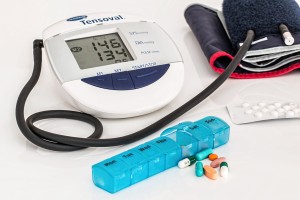- Calls to this hotline are currently being directed to Within Health or Eating Disorder Solutions
- Representatives are standing by 24/7 to help answer your questions
- All calls are confidential and HIPAA compliant
- There is no obligation or cost to call
- Eating Disorder Hope does not receive any commissions or fees dependent upon which provider you select
- Additional treatment providers are located on our directory or samhsa.gov
Taking a Leave of Absence for Eating Disorder Treatment

Contributor: Crystal Karges, MS, RDN, IBCLC, Special Projects Coordinator at Eating Disorder Hope/Addiction Hope
The process of recovering from an eating disorder is often a journey that takes many unexpected steps along the way. For the college student in recovery from an eating disorder, the transition to school can bring about many new changes, obstacles, and challenges that take an individual through many ups and downs. Whether a student is currently in recovery from an eating disorder or is facing an eating disorder for the first time, connecting to appropriate help is important for overcoming any struggle that is encountered.
Pay Attention to Your Actions

Other factors to consider are how your eating habits and relationship with your body have impacted your ability to carry on your normal and daily activities. If you have found yourself unable to keep up with your classes because of changes in your eating habits, this is a concern that should not be taken lightly. If at any time, you find yourself struggling with eating disorder behaviors, it is crucial to reach out for help.
Healing Can’t Wait

Community Discussion – Share your thoughts here!
Have you or someone you loved needed to take a leave of absence during college for eating disorder treatment? If so, what resources on your campus helped you through this process? What encouragement might you share with another student who is in a similar situation?
Last Updated & Reviewed By: Jacquelyn Ekern, MS, LPC on September 3, 2015. Published on EatingDisorderHope.com
